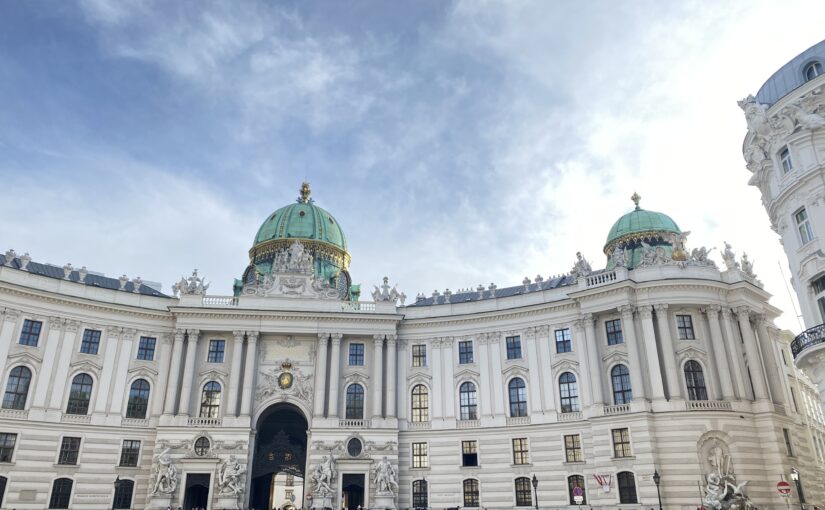Field of study in Wageningen: Nutrition and Health
Study period exchange: 01/03/2023 – 30/06/2023
Country (exchange): Austria
City (exchange): Vienna
University (exchange): BOKU – University of Natural Resources and Life Sciences
Faculty (exchange): Environment and Bioresources Management
2. Motivation for exchange
Why did you choose to go on study exchange?
Firstly, I was really interested in living a life outside the Netherlands. Starting from zero again and lets see whatever will happen. Besides that, I became interested in the student life in other universities, mainly abroad. How would it be to study in a big capital city for example. But also, how is it to live in such a big city.
What is the reason you chose for this country/university?
Austria is one of my favourite countries, mainly because of the mountains, but also the villages and the language. When I saw Vienna on the exchange list, I was interested immediately, but I saw something like this: ‘All courses in German! Which was the reason why I deleted it from my list. But there was the moment that a friend told me that there are also many English courses. So that’s how I started doing more research about BOKU. The courses were really nice, and exactly what I wanted or was interested for (really focused on sustainability, climate change and agriculture). Moreover, I had never been in Vienna so that was for me an extra motivation to start exploring life over there.
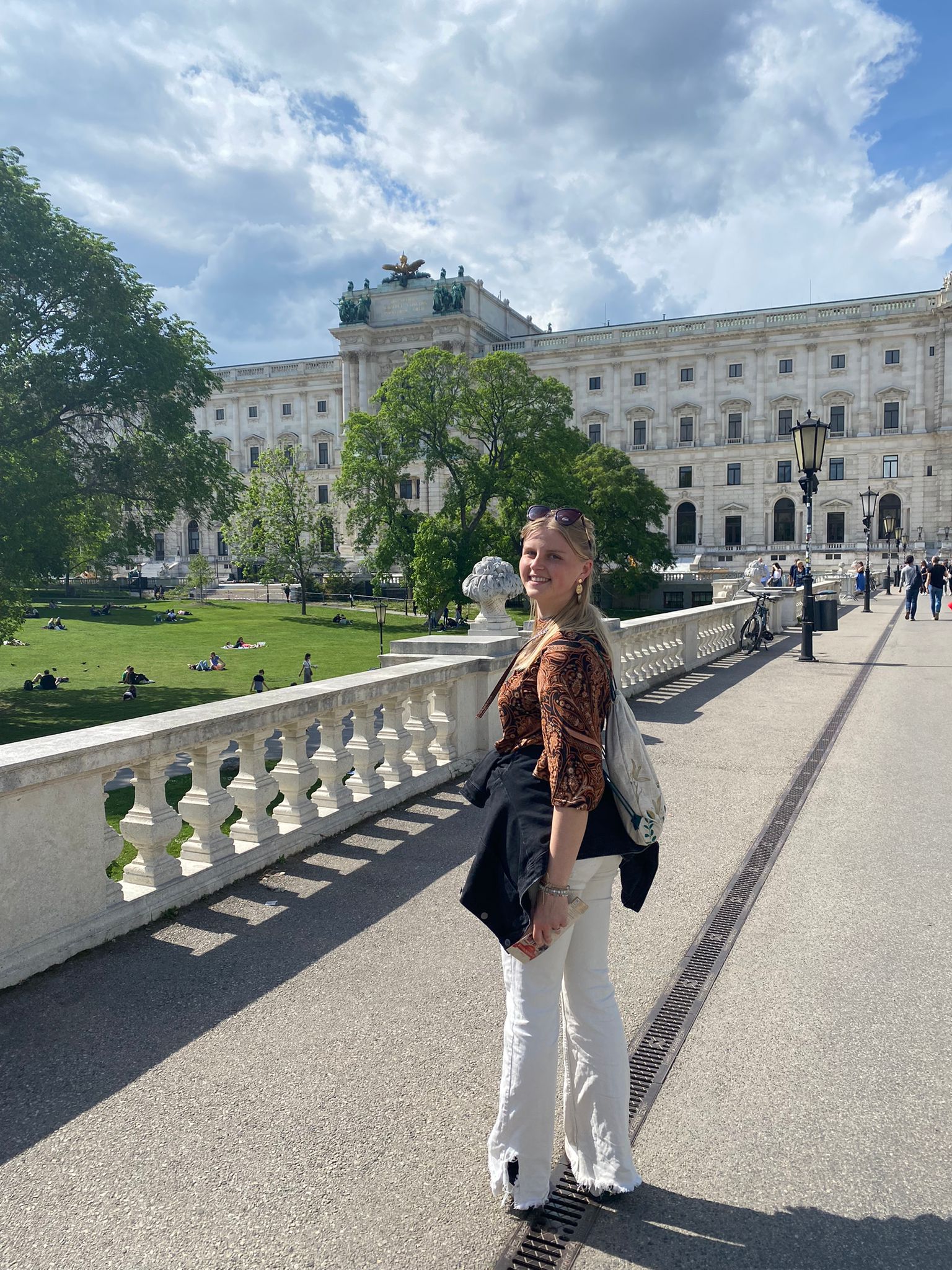
3. Accessibility to reach destination
Do you have any tips to reach your exchange destination?
From the Netherlands to Vienna, it is possible to take the night train which is quite good. You can choose if you want a place in the bed cabin or more a regular one. I would highly recommend the bed cabin, because the regular one will break up your whole night and day. It is almost impossible to sleep or even sleep a little bit over there. Otherwise the Flixbus is also possible. You will have more space for suitcases (If you book it). In the train there is limited space, but you can always find a solution to store it somewhere in the cabin. Of course the plane is also possible, but because of climate principles I do not prefer to travel in that way.
4. University and studying
Could you provide some general information about the followed courses?

How is the study formalized?
Way different compared to the WUR. The university is smaller and more personal than the WUR, but besides that, more independence and inner motivation is expected. In many courses, you can choose your own subject for presentations, blogs of papers. But also, you can choose as class what kind of examination you would prefer. The teachers provide oral exams, exams on paper, or presentations for example. There is a lot of freedom in the way the education is organized at BOKU. Also the workload really depends on the teacher and her/his requirements. Teachers expect that students do like the subject of the course, so they really want to go to the lectures rather than they ‘have to’ while they are actually not motivated. Sometimes teachers want you or ask you to attend lectures or make exercises that don’t even count for your grade or requirements for passing the course.
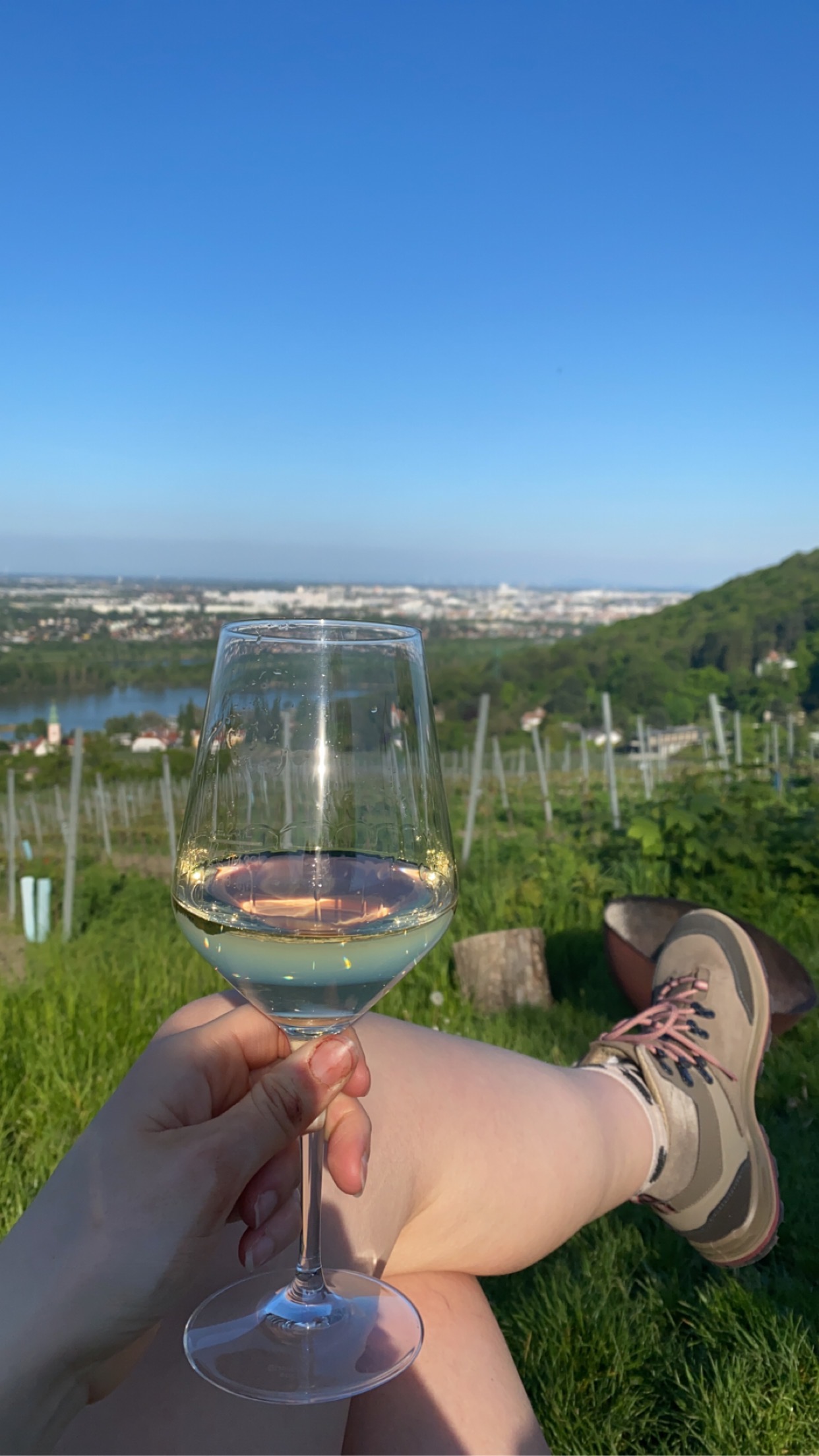
What is the culture of the university?
Lectures are never mandatory, but sometimes highly recommended, and I would say, also necessary for specific information (for example the decision of the class whether there will be an oral exam or paper exam, or the division of presentations of everyone. Those things happen orally during lectures). There was a continual mix between local students, exchange students or international master students for example. They were interacting quite good I would say. I feel like BOKU is a bit more mixed, compared to the WUR because of all WUR’s Dutch student associations. That makes Dutch students more sticked to other Dutch students, so that international students are feeling more separated. Besides that, at BOKU there were a lot of activities organized by the university, which were accessible for free and for whoever and whenever who wanted to come. Many of them were organized outside were we were drinking spritzer or Austrian beer, just in front of university buildings. That are places were Dutch and international students can connect easily. For example in the form of a beer garten.
What does the university offer the student additionally?
There were some restaurant/catering places. One for coffee and something sweet, and one big canteen for warm meals, but quite expensive. Besides that, there was vegan/vegetarian start up canteen.
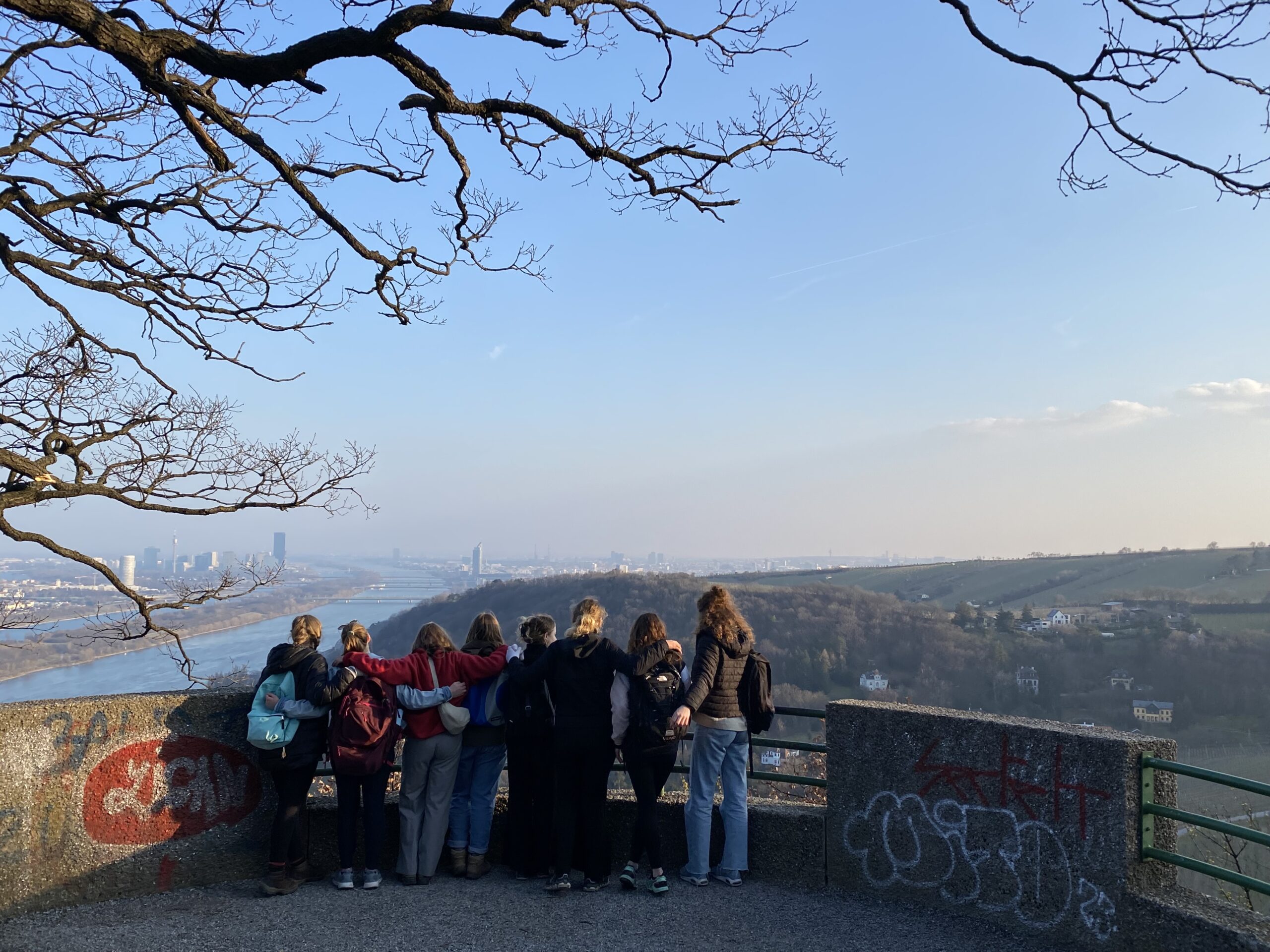 5. Housing-travelling-living
5. Housing-travelling-livingWhat are the possibilities for housing?
It was very easy to get a room in Vienna. There were many websites were you could sign up, and also very cheap. I had a room for 395 euros in Vienna, which would not be possible in Amsterdam I guess. I got mine via Oead student housing, which is part of WIHAST. In ‘Haus Panorama’ (to which to forsthausgasse and Lorenz-Müller-gasse belong) many BOKU students stay. I would not recommend the accommodation, but if you are looking for students that are living nearby and you want to live close to the danube en the university, it is a nice suggestion.
What is the culture of the country like?
The Viennese people are not very kind. You will notice it on the streets or in cafés and shops. In Dutch we say: The customer is king, but in Vienna, the employee is. You should make the work of the employee as comfortable as possible. Besides, people don’t really care about you on the street. If you are wearing something weird, nobody will react. That makes the city very comfortable, because nobody is judging. It is also officially recognized as most safe and liveable city in Europe at least. I have never felt uncomfortable on the street, not even in the middle of the night on my bike.
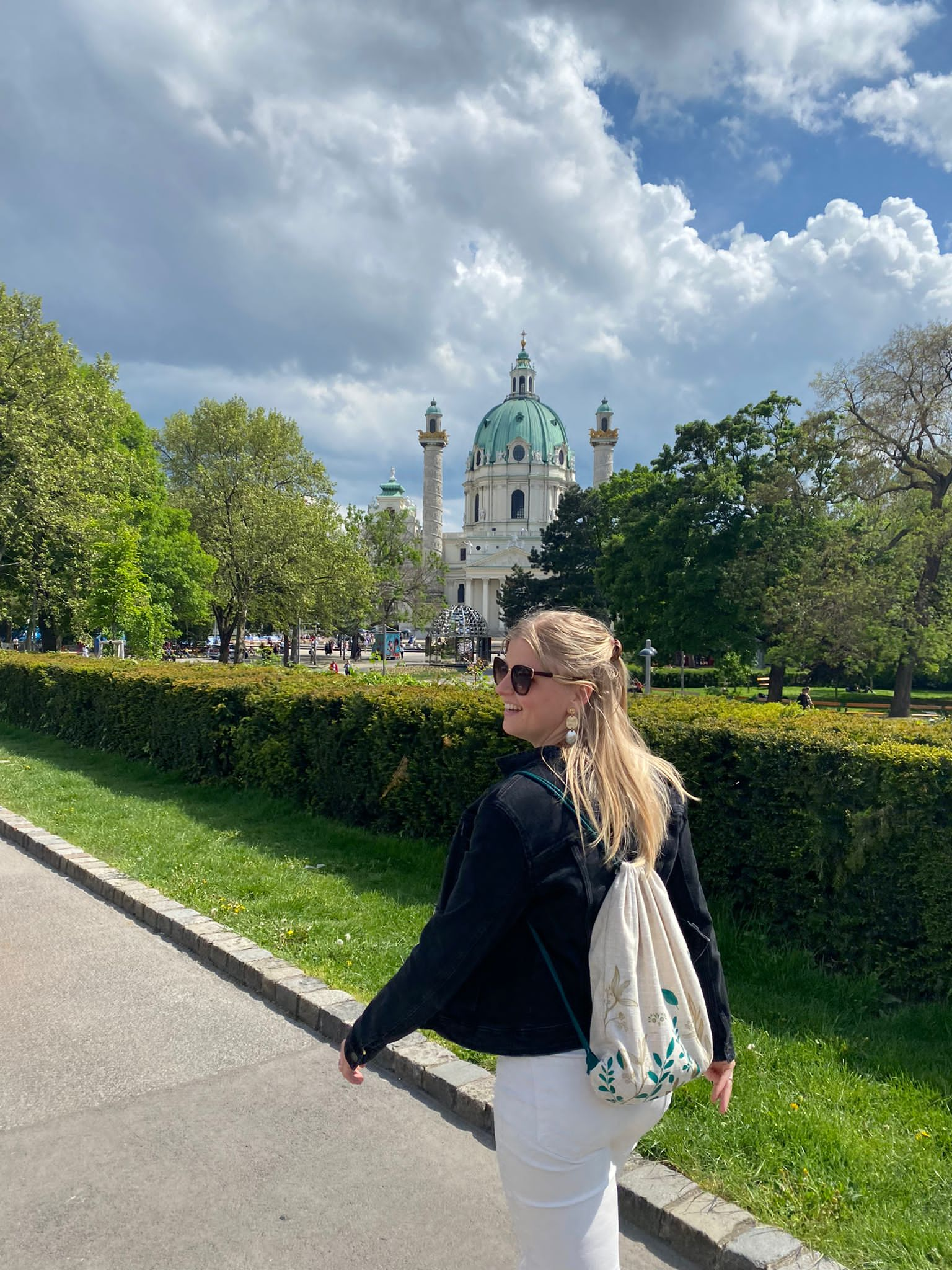
Could you give a general price indication of the place of residence compared to living in Wageningen?
I would say 390 euro’s. Most of the people around me (exchange students) lived in the same kind of accommodation. You can compare it with the ‘starflats’ in Wageningen. Such as hoevenstein, dijkgraaf etc. But these are a bit more individualistic. You will not share kitchenwear with your floor. You have to buy everything yourselves, and bring it all the time and all the way to the kitchen. But it depends on the accommodation. There were also people that lived with 2 Austrians in an apartment. Most of the local Austrian students do rent an apartment with eachother with maximal 4 people. I think that the price can be a bit higher.
Could you give some information about public transport infrastructure?
As an exchange student you can buy a student metro card for a small amount of money. The amount was only 78 euro’s. you can take the metro, bus, nightbus, tram, train everything. You only have to make sure that you always carry it with you, because you can be picked out (happens I think once a month) and if you can’t show your card, you will get a high fine. You don’t have to check in or check out, that’s why you don’t need your card regularly, but still need it in case a controller shows up.
6. Free time
What are must-sees in the area?
I would recommend to visit Bratislava and Prague and Budapest, because it is very close, and easy with the train or bus. And my last suggestion is to go visit the mountains. Go skiing in Stuhleck for example (also possible for day trip). And try to keep up with the ESN activities because they can easily show you around in Vienna but also in and around Austria (I did a skiing trip which was also very well organized!).
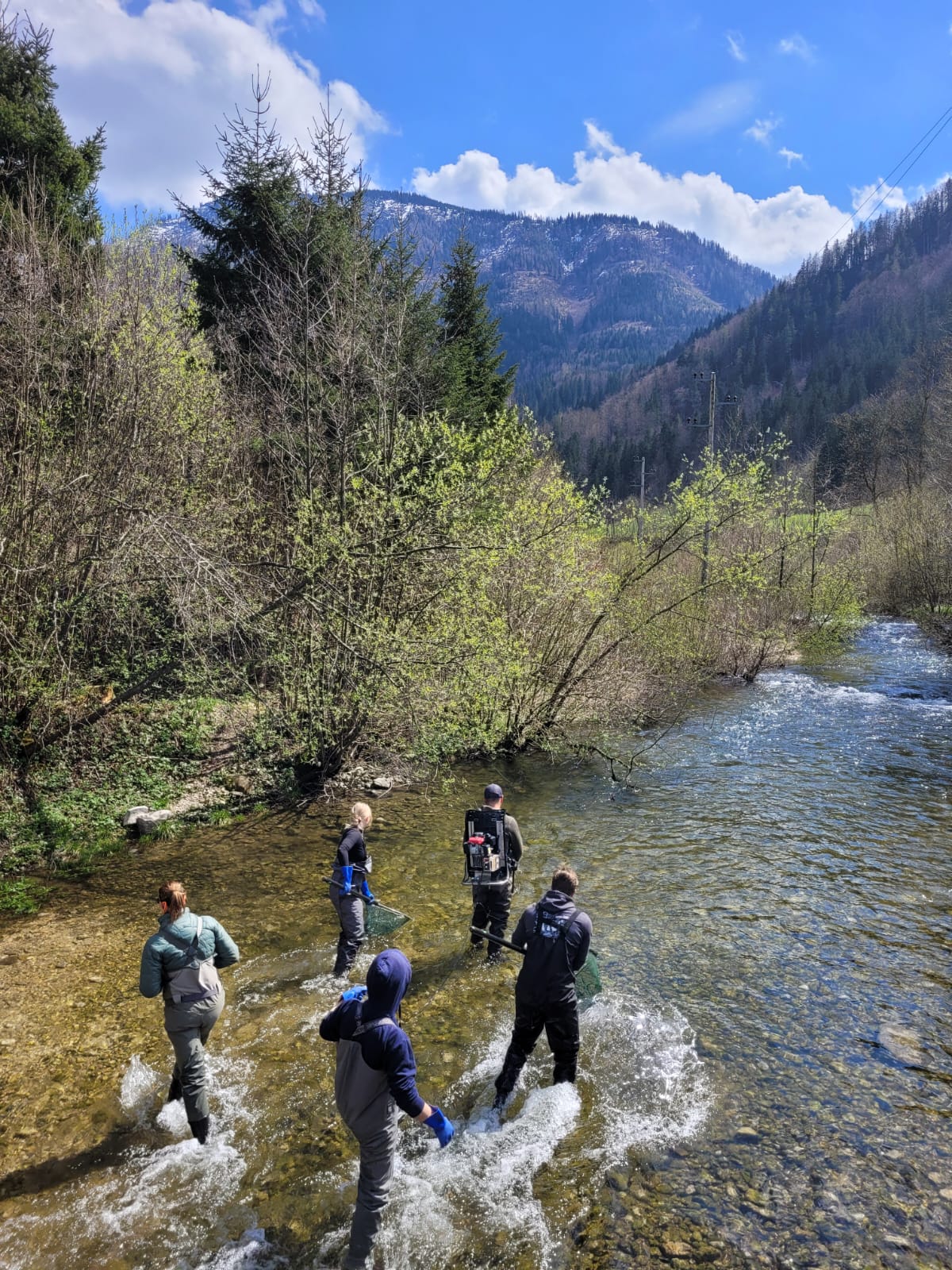
What does not appear in the travel guide, but is worth a visit?
Besides, go to the big events that are organized in the city, such as easter markets, concert at Schönbrunn palace, festivals in front of the government building, skate events or the yearly biggest free festival in the world: Donau insel Fest. I would also recommend to rent a bike and go for cycling on donau insel (danube island), or go for a swim and a drink over there (the bars are really nice, but a bit expensive). You can also rent a boat for a low price over there. My last suggestion for Vienna is to try some of the Stadtwanderweg hikes. Stadtwanderweg 1 is my favourite, you will walk through the vineyards and have a great view over the city (from the hills at the side of Vienna). The names of the hills are Kahlenberg and Leopoldsberg. At Kahlenberg there is also a nice swimming pool with a great view over the city. It is not expensive to go there. It is called: Krapfenwaldbad.
Do you have general tips and tricks about leisure time?
The favourite bar/club of my friends and I was club ‘Loco’ because of the cheap drinks. From 19:00-20:00, it was only 1,40 euros for a good cocktail. And every hour later, it was one euro more, until 23:00. Another nice club is for example Travel Shack and Pappala pub was also a nice place for us. But you should really take a look on the planning of ESN. They organize parties all over the year, always in another club. A very cozy restaurant with amazing schnitzels is restaurant ‘Purstner’. It has a traditional wooden design.
7. Challenges & best moment abroad
What was a challenge you have experienced?
To use my time efficient. You don’t have many mandatory activities, also not in the weekend. Make appointments with yourself to do things around. Go out on your own, I enjoyed that a lot. But sometimes there is a temptation to stay in bed for the whole day, just because you have time and nobody expects something from you, or has social control over you. Make it yourself comfortable and don’t get lazy, I would give as advice to myself haha.
What was your best memory abroad?
The exploration of all the new things in the new city. Getting a real local, tourist and student at the same time. Sometimes I was just biking around without a destination, that are things that I have really enjoyed.
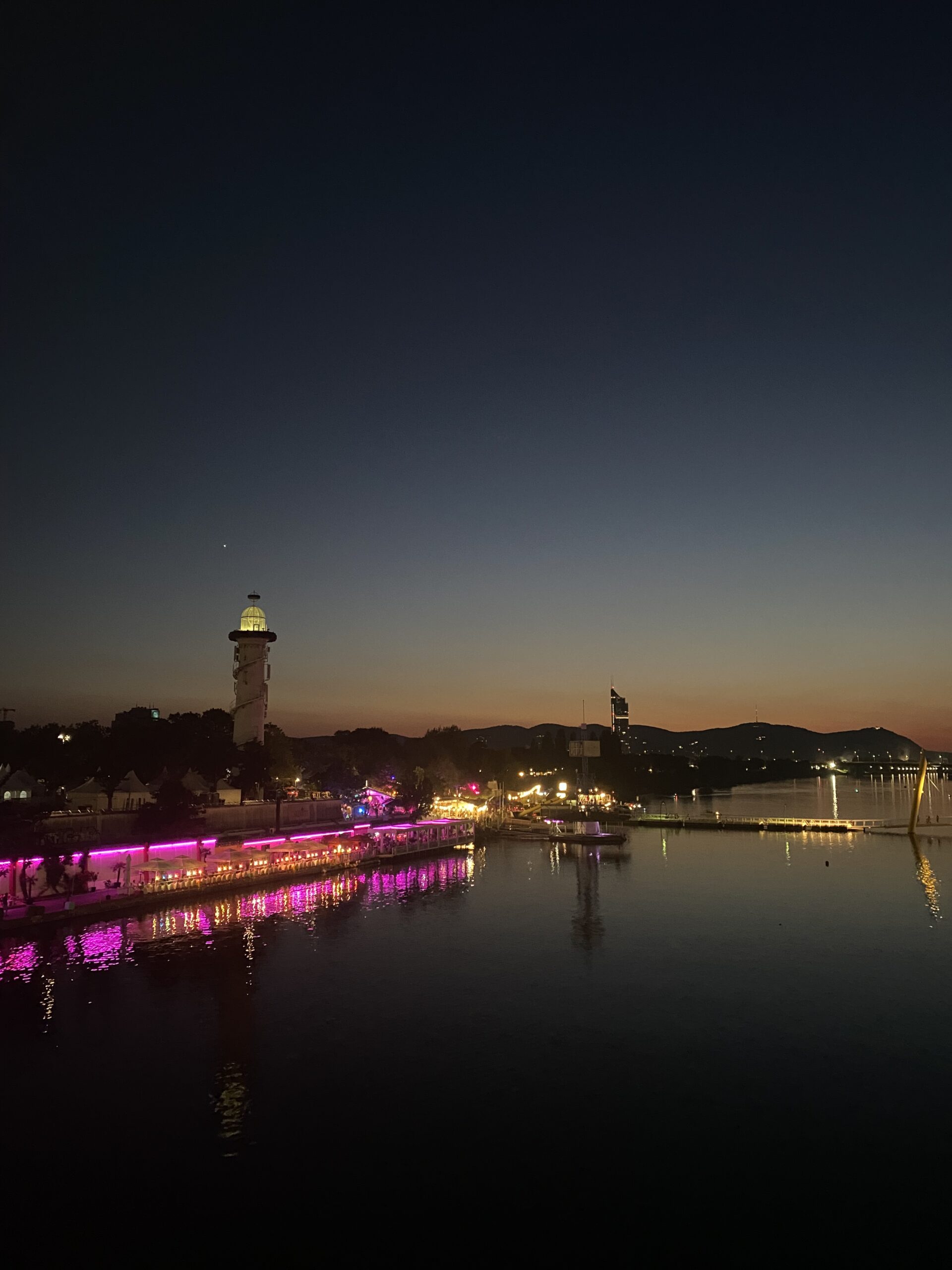
8. Contact details
Would you like to ask Manel more questions about her exchange?
Send her a mail: maneldebruijn@hotmail.com

